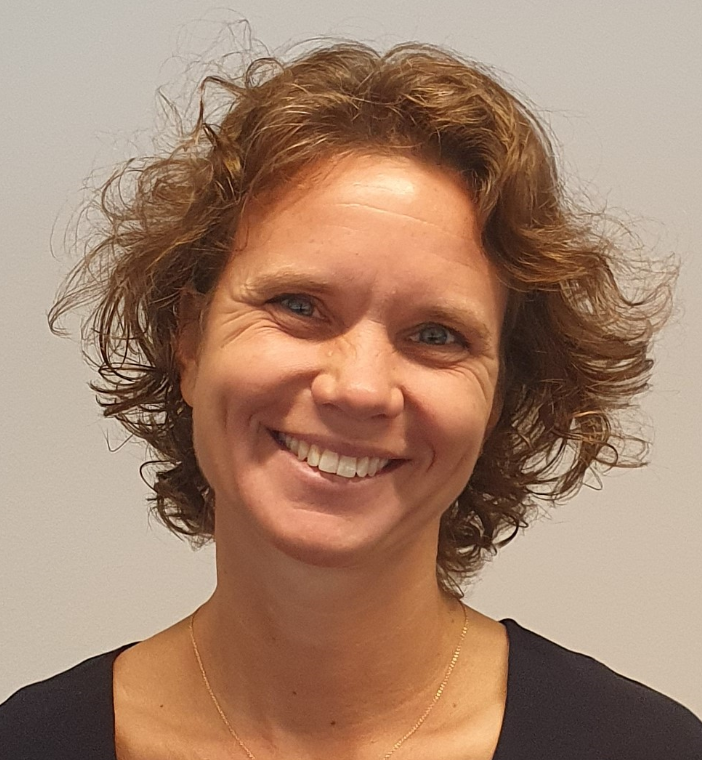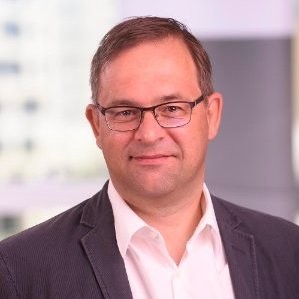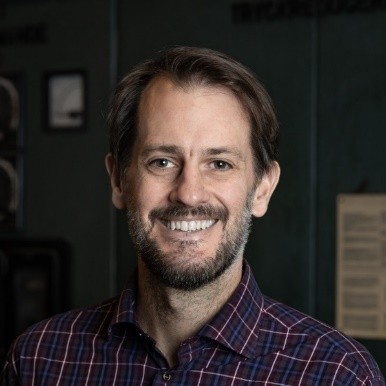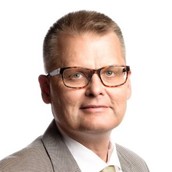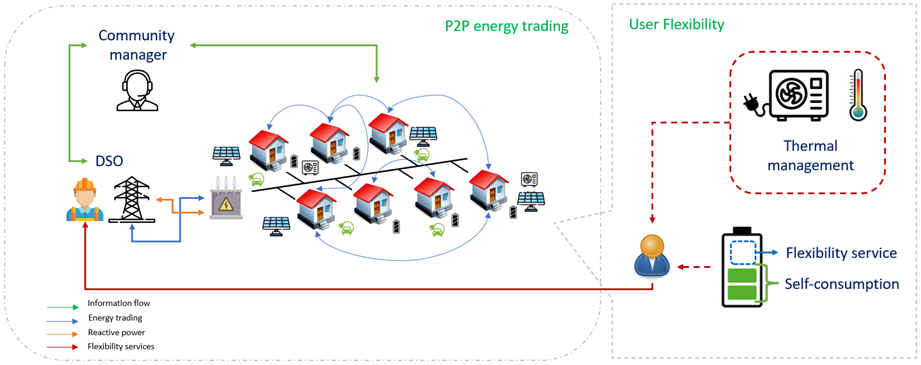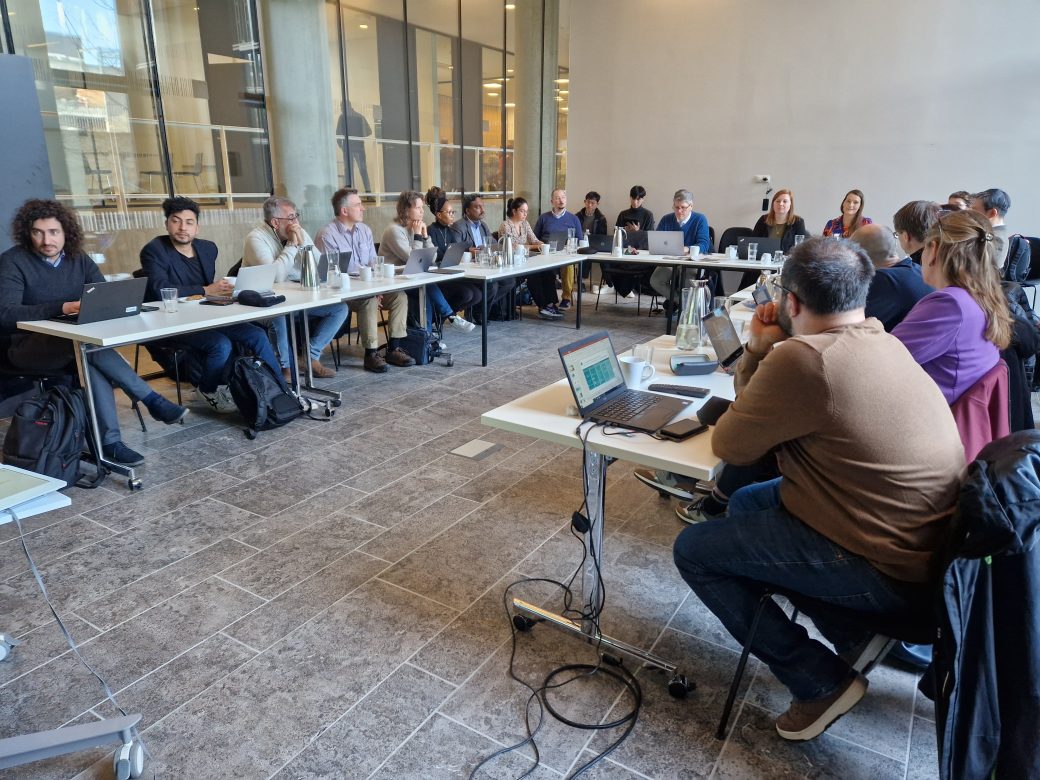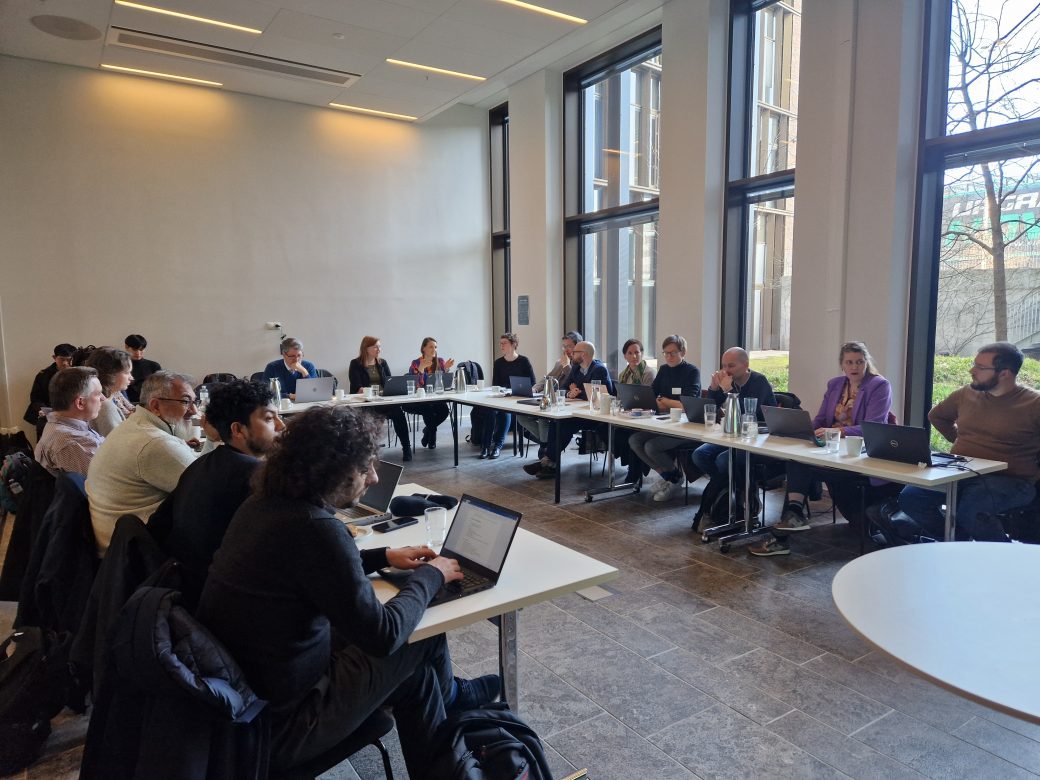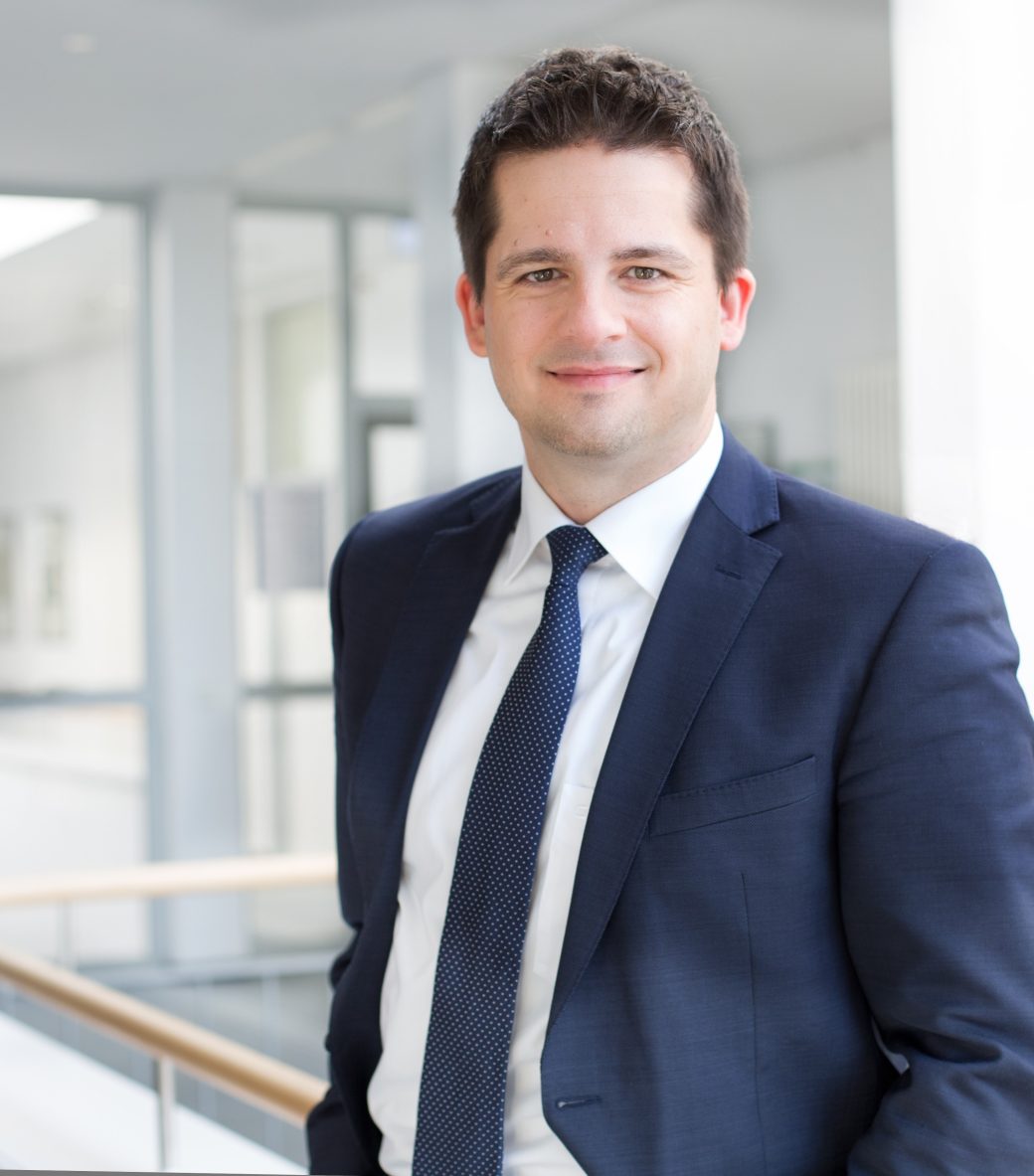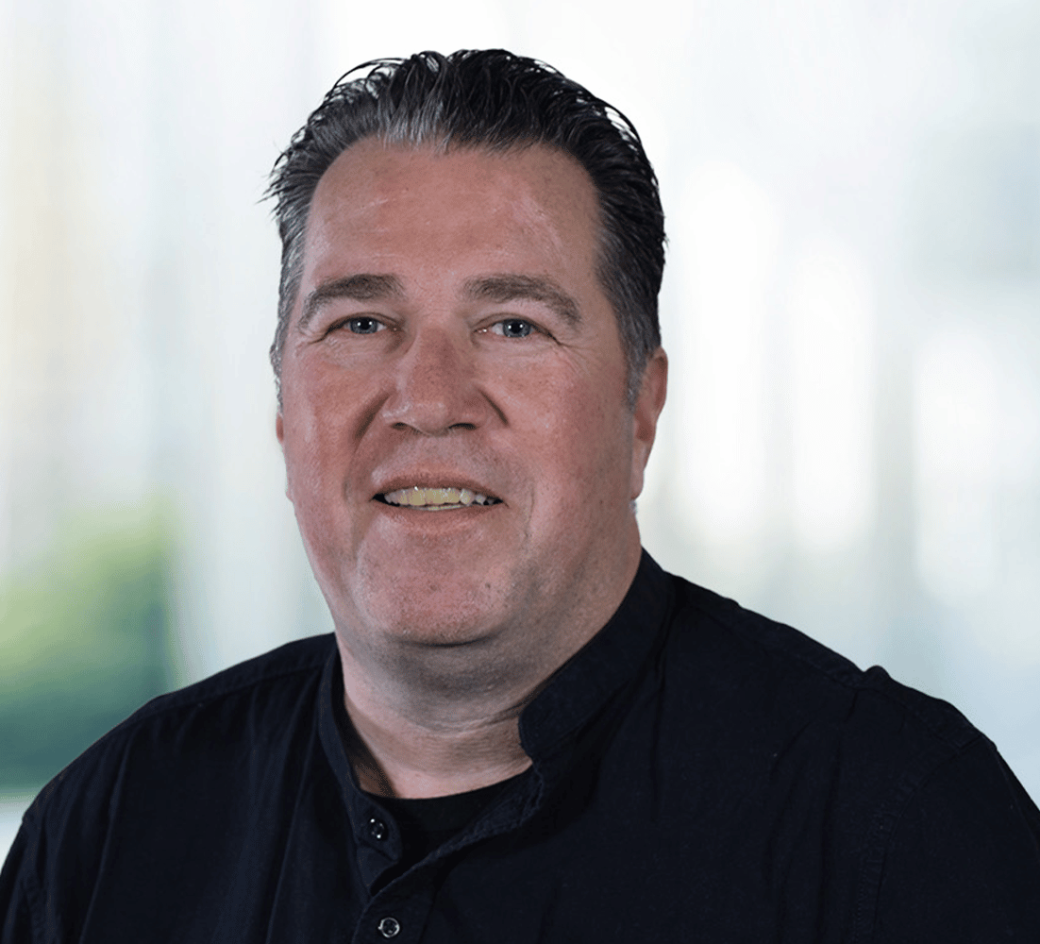ISGAN Virtual Learning and OptiREC project invite you to an insightful webinar on the approaches to integrate Energy Communities into the Spanish electricity system.
The EU policy recognizes energy communities as pivotal for achieving energy transition goals. However, integrating this new actor into the existing electricity system landscape remains an open topic, especially as large-scale energy community development reaches a critical mass impacting system and market operations.
The OptiREC project investigates the technical and regulatory challenges posed by the large-scale development and integration of energy communities within the Spanish electricity system. Join us for a webinar where we’ll discuss the OptiREC project’s achievements, focusing on the development of optimal multi-layer coordination among community members, Distribution System Operators (DSOs), and Transmission System Operators (TSOs).
Moreover, OptiREC presents two optimization models designed to simulate the operations of an Energy Community (EC), focusing on energy trading among peers and evaluating the EC’s potential to offer flexibility as a service to the distribution network operator (DSO). Employing the second-order cone programming representation, the mathematical formulations include the distribution network limitations and consider distributed energy resources such as rooftop solar panels, energy storage systems, electric vehicles, and heat pumps. The models were executed over a year with one-hour time steps using the IEEE European Low Voltage test feeder, adapted to a single-phase version, for testing the formulations. Thus, the first model reflects exclusive peer-to-peer (P2P) operations, while the second model isolates flexibility considerations. This approach enables a comprehensive examination of how introducing a flexibility market influences the trading patterns within the community. Through statistical analysis of the annual data generated by the optimization models, the study identifies hours with a higher likelihood for the EC to offer flexibility services and estimates the potential quantity of such services.
These insights provide valuable characterizations of the EC concerning demand, energy trading, and flexibility provision. As a result, the DSO could enhance daily operational planning conditions based on a better understanding of the EC’s dynamics and capabilities.

